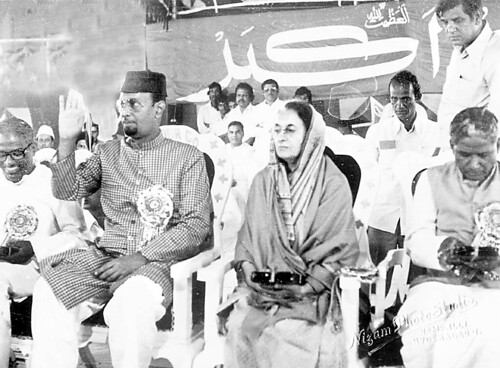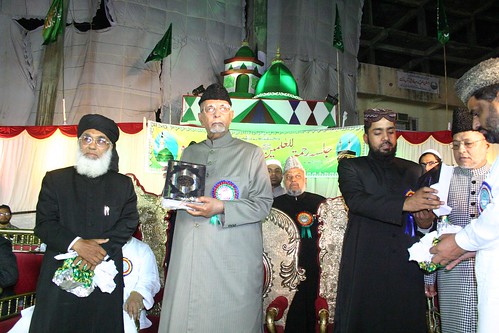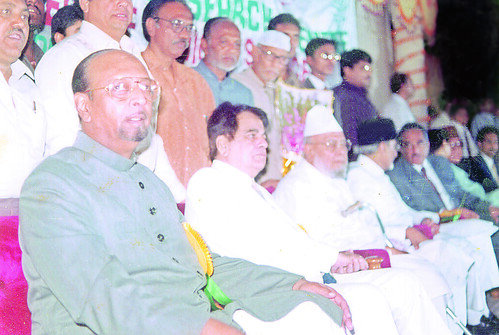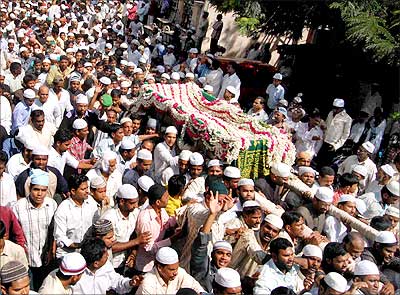
| Born | October 4, 1926 Karaikal, Pondicherry |
|---|---|
| Died | November 4, 1999 (aged 73) chennai Tamil Nadu |
| Political party | Indian Union Muslim League |
ABDUL SAMAD, SHRI A.K.A., M.A. (Tamil: அப்துல் சமது) (October 4, 1926 – November 4, 1999) was a prominent Tamil politician, and an important leader of the Indian Union Muslim League
Association with Political Parties
, Tamil Nadu, All India General Secreatary Indian Union Muslim LeagueMembership
Rajya Sabha, 1964–76; Seventh Lok Sabha, 1980–84; Ninth Lok Sabha 1989-91:, Legislative Assembly, Tamil Nadu, 1984–88;Committee Experience
Member, Public Accounts Committee, Tamil Nadu Legislative Assembly, 1985–86; Member, Public Accounts Committee, Rajya Sabha; Member, Committee on Absence of Members from the Sittings of the House and Committee on Petitions, 7th Lok Sabha; Member, Consultative Committee, Ministry of Tourism and Civil Aviation, Rajya Sabha, Committee on the Welfare of Scheduled Castes and Scheduled Tribes, Rajya Sabha; Member, Consultative Committee, Ministry of Industry, 1990;Favourite Pastime and Recreation
Reading and writing, travelling, discussions;Publications
Sweet Memories of Sacred Haj (Tamil) 'Narpaniyatri Nabi Mani' (Prophet Muhammad's Biography in Tamil) 'An Introduction to Holy Quran' (in Tamil) Founder-Editor, Mani Chudar (Tamil Daily) and Mani Vilakkur (Tamil Monthly);Delegation to Foreign Countries
Member, IPD to Yugoslavia, 1971; Member, Govt. of India's Haj Delegation, 1971 and 1989;Travels Abroad
Went round the world twice, visited all the Muslim and Arab Countries;Social Activities
Amelioration of the down-trodden, communal harmony; spread of higher education amongst Muslim minorities;Other information
Publisher, Crescent (Eng. Weekly); Member, Syndicate, Madras University and Senate, Annamalai University; President, Muslim Educational Association of South India; Chairman, Board of Islamic Studies, Madras University; Member, Court, AMU, April, 1990.Source : Wikipedia

ABDUL SAMAD, SHRI A.K.A., M.A. [Congress (I)—Tamil Nadu, Vellore, 1989]: s. of Allama A.K. Abdul Hameed Baqavi; b. at Karaikal, Pondicherry, October 4, 1926; ed. at Madras University; m. Nargis Banu, July 2, 1959; 3 s. and 2d.; Journalist, Editor, Author, Educationist, Businessman; President, Indian Union Muslim League, Tamil Nadu;
Previous Association with Political Parties:
Rajya Sabha, 1964-76; Seventh Lok Sabha, 1980-84; Legislative Assembly, Tamil Nadu, 1984-88;
Previous Membership:
Member, Public Accounts Committee, Tamil Nadu Legislative Assembly, 1985-86; Member, Public Accounts Committee, Rajya Sabha; Member, Committee on Absence of Members from the Sittings of the House and Committee on Petitions, 7th Lok Sabha; Member, Consultative Committee, Ministry of Tourism and Civil Aviation, Rajya Sabha, Committee on the Welfare of Scheduled Castes and Scheduled Tribes, Rajya Sabha; Member, Consultative Committee, Ministry of Industry, 1990;
Committee Experience:
Reading and writing, travelling, discussions;
Favourite Pastime and Recreation:
Publications:
Delegation to Foreign Countries:
Travels Abroad:
Social Activities:
Other Information:
Publisher, Crescent (Eng. Weekly); Member, Syndicate, Madras University and Senate, Annamalai University; President, Muslim Educational Association of South India; Chairman, Board of Islamic Studies, Madras University; Member, Court, AMU, April, 1990.Amelioration of the down-trodden, communal harmony; spread of higher education amongst Muslim minorities;Went round the world twice, visited all the Muslim and Arab Countries;Member, IPD to Yugoslavia, 1971; Member, Govt. of India's Haj Delegation, 1971 and 1989;Sweet Memories of Sacred Haj (Tamil) 'Narpaniyatri Nabi Mani' (Prophet Muhammad's Biography in Tamil) 'An Introduction to Holy Quran' (in Tamil) Founder-Editor, Mani Chudar (Tamil Daily) and Mani Vilakkur (Tamil Monthly);
























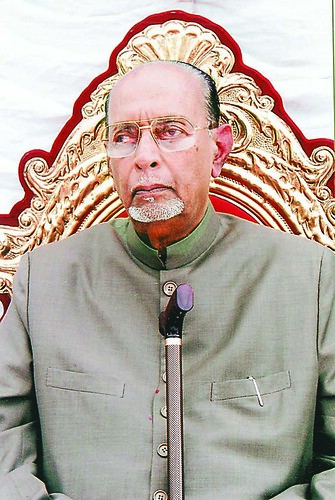


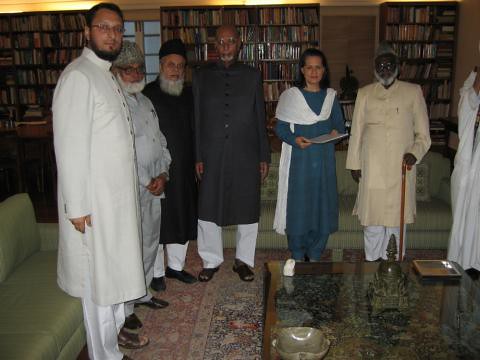
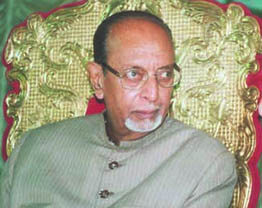

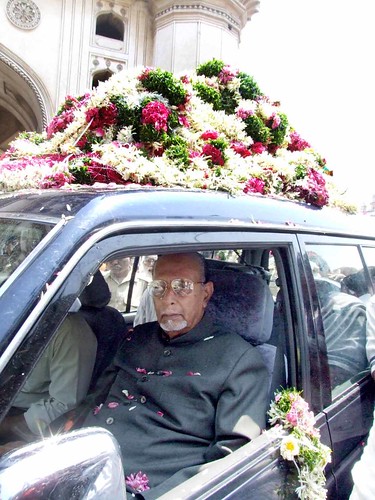


.JPG/180px-Etemaad_Opening_(3).JPG)

